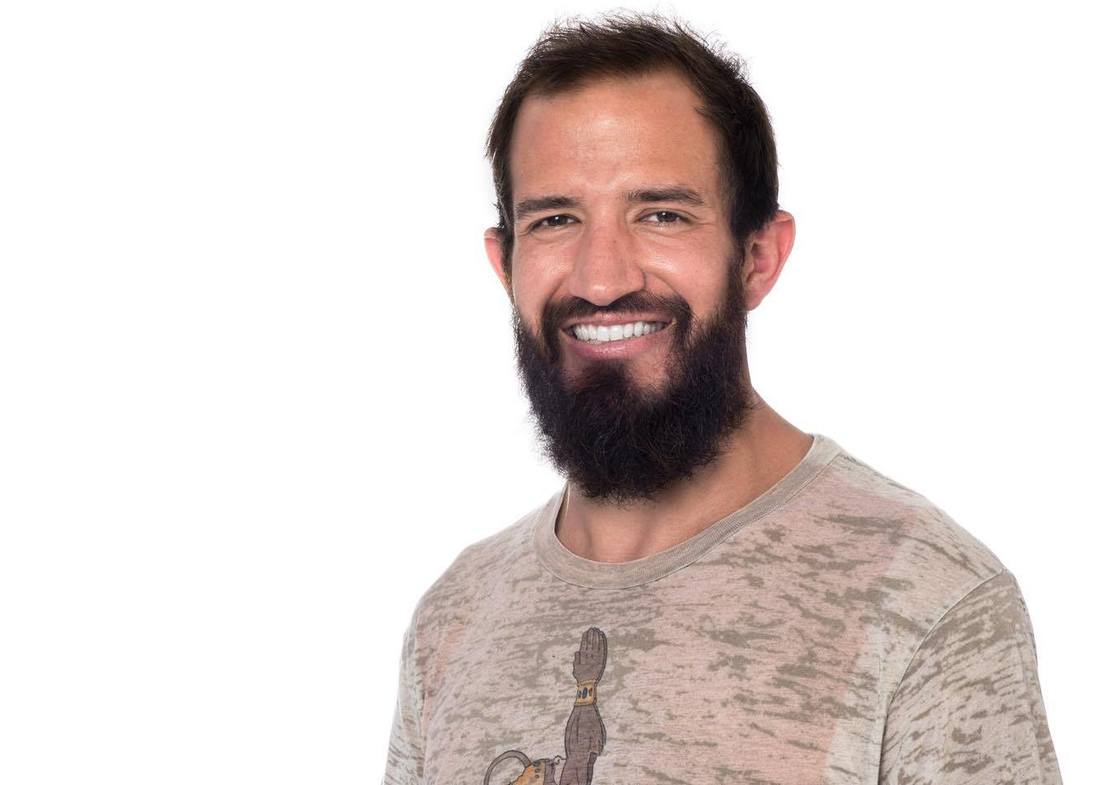|
Joint hypermobility is a common but undiagnosed connective tissue disorder. Several studies have linked to stress-sensitive psychosomatic disorders such as: anxiety, irritable bowel syndrome, chronic migraines and fibromyalgia. It may also be associated with eating disorders and addictions. People with diagnosed joint hyper-mobility are up to 16 times more likely to have panic or anxiety disorders according to one study done with 72 people in 2012. In another study 70% of hyper-mobile patients had some kind of anxiety disorder compared to 22% of control group. Several studies since have also had similar results and it goes both ways. If you're hypermobile you're more likely to have anxiety and if you have anxiety you're more likely to be hypermobile.
My thoughts are that yoga fuels hypermobility by glorifying it. Try and find a stock photo of yoga online and you're hard pressed to find one where the yogi isn't extremely hypermobile. By doing this we are creating a negative feedback loop for anxiety where people think yoga is helping their anxiety and depression but for a large percent it's really making it worse. Since many of them practice 3-5 days a week and stretch in-between, its similar to any other negative feedback loop. Hypermobility is 3 times more common in females than males and effects up to 15% of the population as a whole. There are many variances on the scale of hypermobility, but I'm betting that 50% of the yogis in an average class fall somewhere on the spectrum. Here's what I think often happens: A hypermobile girl in college goes to a yoga class with a friend while depressed. Maybe not clinically depressed, but lets say her boyfriend just broke her heart or she's homesick. All the downdogs and chaturangas are tough, but when they get to full wheel she nails it. She feels like a kid again and gets an ego boost from her friend or even worse the teacher praises her natural ability. She continues to go and then signs up for teacher training. She's hooked and won't realize the joint damage and increased anxiety until she's in her 30's or 40's and by then its often even more difficult to reverse. Now I know I'll be accused of "throwing the baby out with the bathwater". I also realize there aren't many yoga teachers glorifying JHM on purpose, but in the land of "juicy assists", its hard to think otherwise. can't say that I've worked with a ton of hypermobile yogis, but the ones that I have do report high levels of anxiety. My guess is as this trend continues I will see more of them in my clinic. My first recommendation to a yogi like this would be to slow down and find a yoga teacher that sets very strong boundaries for your movements. A teacher who wont let you go to end range and understands bio-mechanics. You may also be thinking that surely there are studies that disprove this. I looked and found plenty but when really looking into the abstracts, here's what I found.
The meditative aspects of yoga are amazing for your brain and there are studies that support this. However, to my knowledge there has been little research of the effects of power or vinyasa yoga on anxiety or hypermobility much less one combining the two. Modern postural yoga is often touted as a way to reduce stress and anxiety. If you think you might be hypermobile you can try this test and see where you rank. http://hypermobility.org/help-advice/hypermobility-syndromes/beighton-score/ If you're thinking "I'm hypermobile but I still wanna do vinyasa because is fun". I get that. Yoga and life should be enjoyable! I also think it's important to have this knowledge and know that the link between modern postural yoga and anxiety reduction is shaky at best. If you're hypermobile and still want to practice vinyasa I recommend finding a good strength coach or Pilates teacher to help your balance out your practice. Drop me a line if you have any questions! References on hypermobility and anxiety: https://www.ncbi.nlm.nih.gov/pmc/articles/PMC3365276/ http://www.scielo.br/scielo.php?script=sci_arttext&pid=S1516-44462012000500005 References on yoga and anxiety: https://www.researchgate.net/publication/224036433_The_Effects_of_Yoga_on_Anxiety_and_Stress https://bjsm.bmj.com/content/39/12/884#ref-29
7 Comments
|
CategoriesAuthorNashville Native. Structural Bodyworker and Movement Junkie Archives
March 2019
|

 RSS Feed
RSS Feed